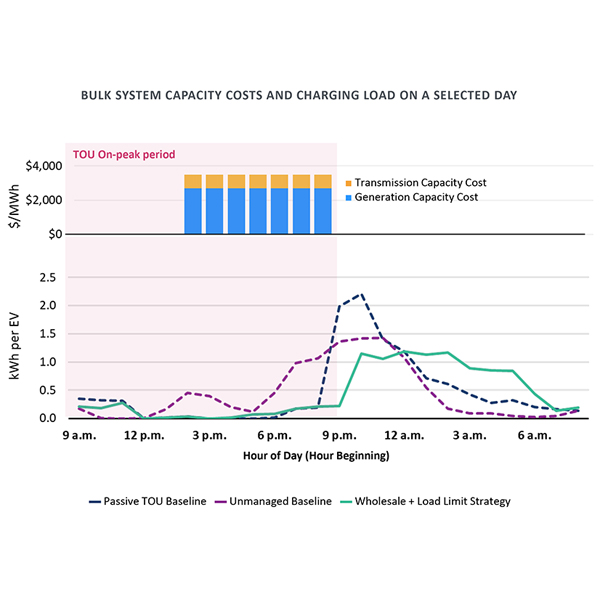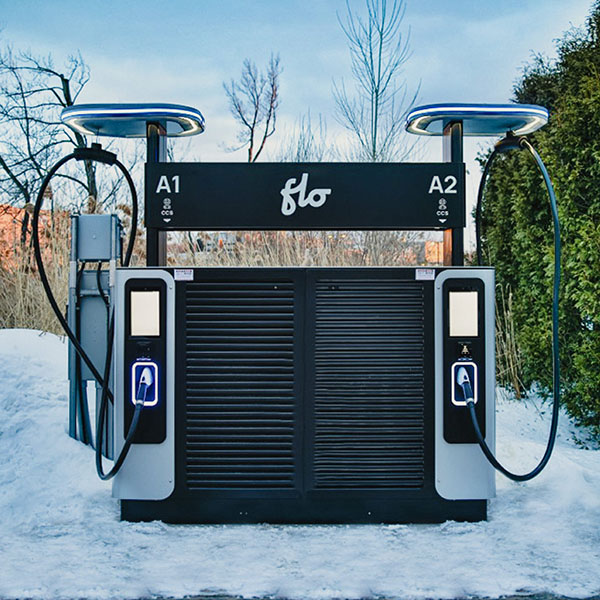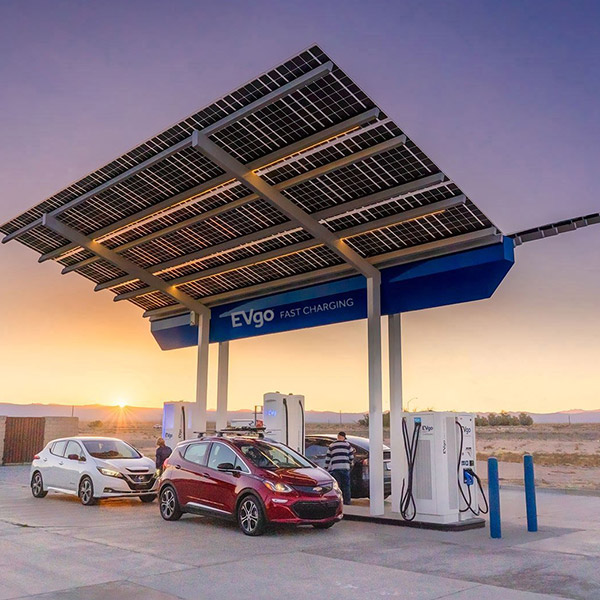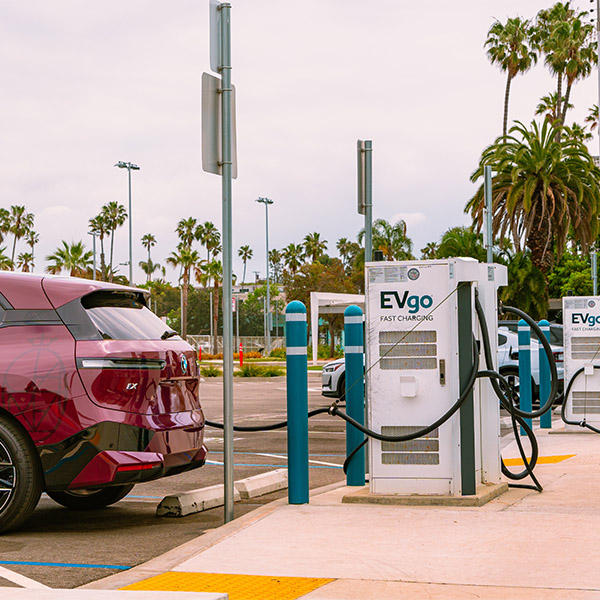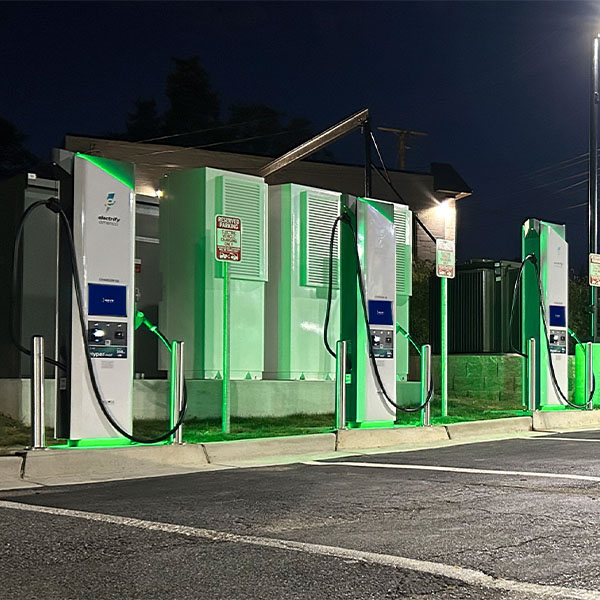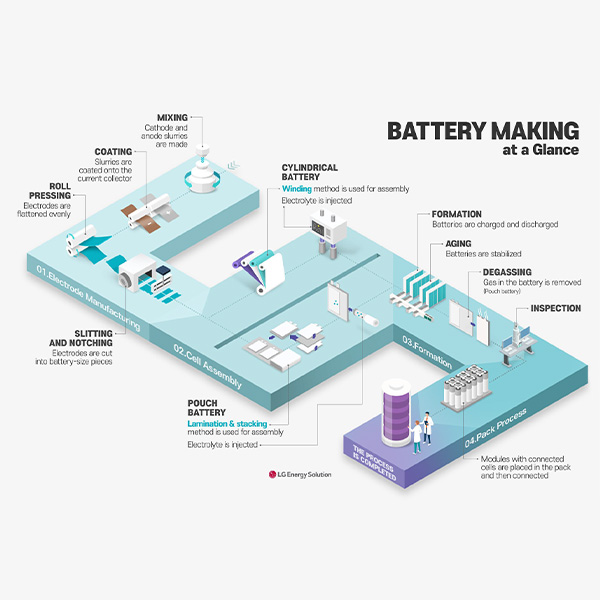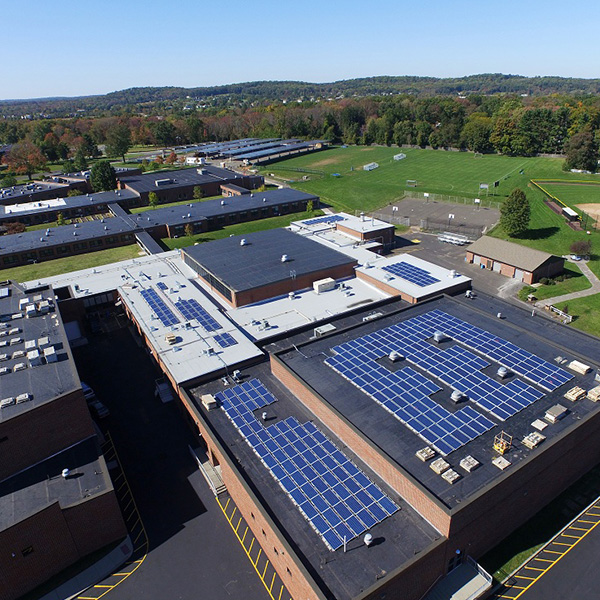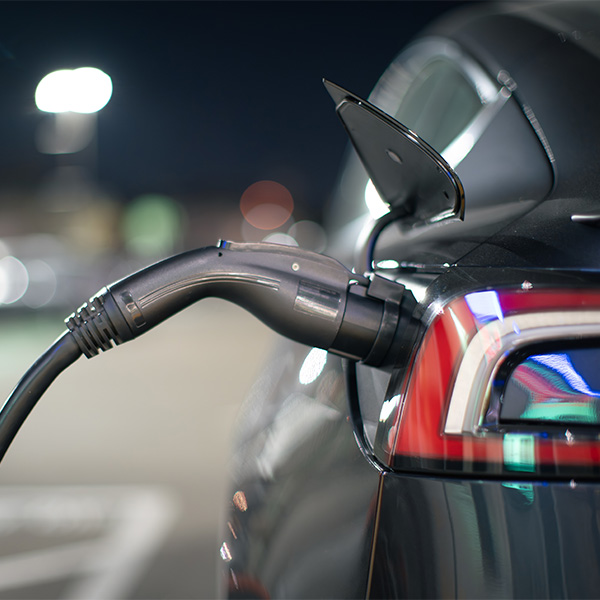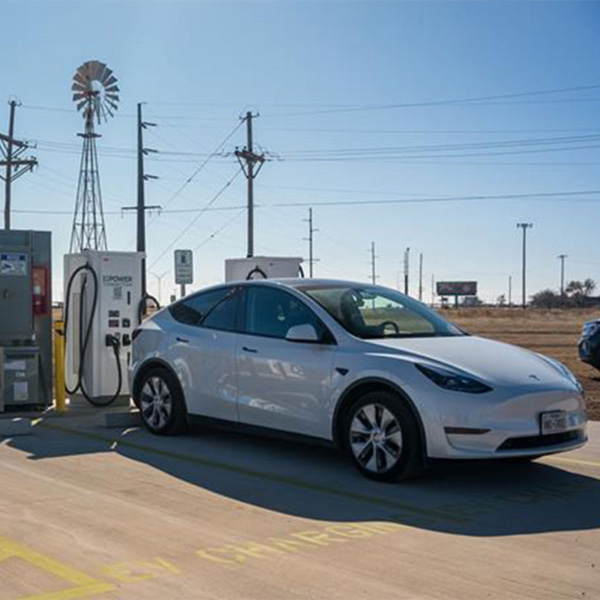EV chargers
EnergyHub and Brattle Group released a study based on a real-world test of different strategies for managing charges on distribution circuits, which found significant benefits from managed charging once EVs become more common in a neighborhood.
Sixteen states and the District of Columbia sued the Trump administration in an effort to recover billions of dollars in funding for EV charging infrastructure.
The California Energy Commission granted about $15 million to private companies to install more than 100 electric vehicle fast chargers in the Golden State.
The California Energy Commission predicted significant funding cuts to a key electric vehicle charging program, despite the state setting a record for the number of EVs sold in a quarter.
The Electric Power Research Institute has launched a tool called GridFast that will give utilities a jump start on planning for new EV charging loads.
The California Energy Commission approved a $28 million grant to Electrochemistry Foundry for the development of a battery fabrication and testing facility in Hayward.
New Jersey's latest draft investment plan for its Regional Greenhouse Gas Initiative funds would broaden the state's portfolio to include electrifying multifamily housing and accelerating investment in wind and solar infrastructure.
Adapting charging of electrical vehicles to real-time grid conditions could save utilities up to $30 billion annually and reduce peak energy demand, according to a new report by The Brattle Group and smart charging provider ev.energy.
An ongoing squabble over a slow-moving EV charger grant program has turned a new page with the Trump administration’s release of new guidance for states to claim funding.
A coalition of 17 states alleges that President Donald Trump’s administration is withholding billions of dollars in congressionally approved funds meant for the expansion of electric vehicle charging infrastructure.
Want more? Advanced Search
